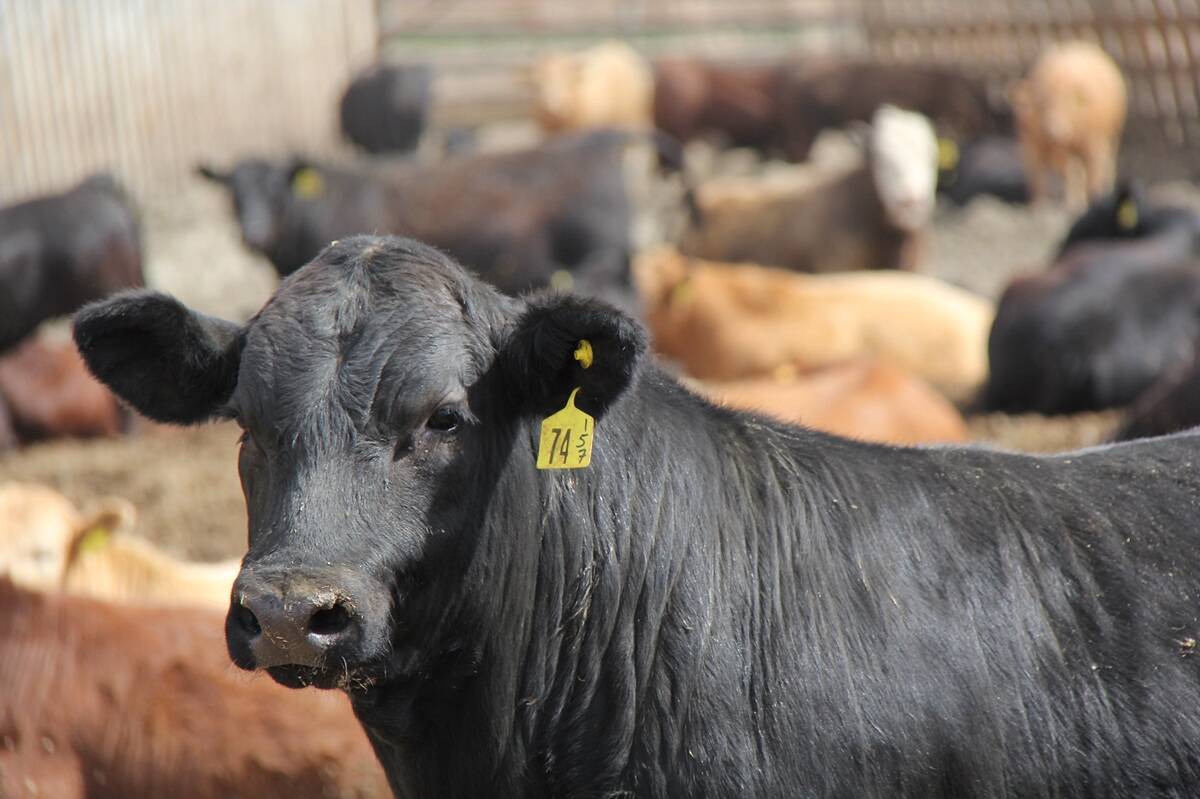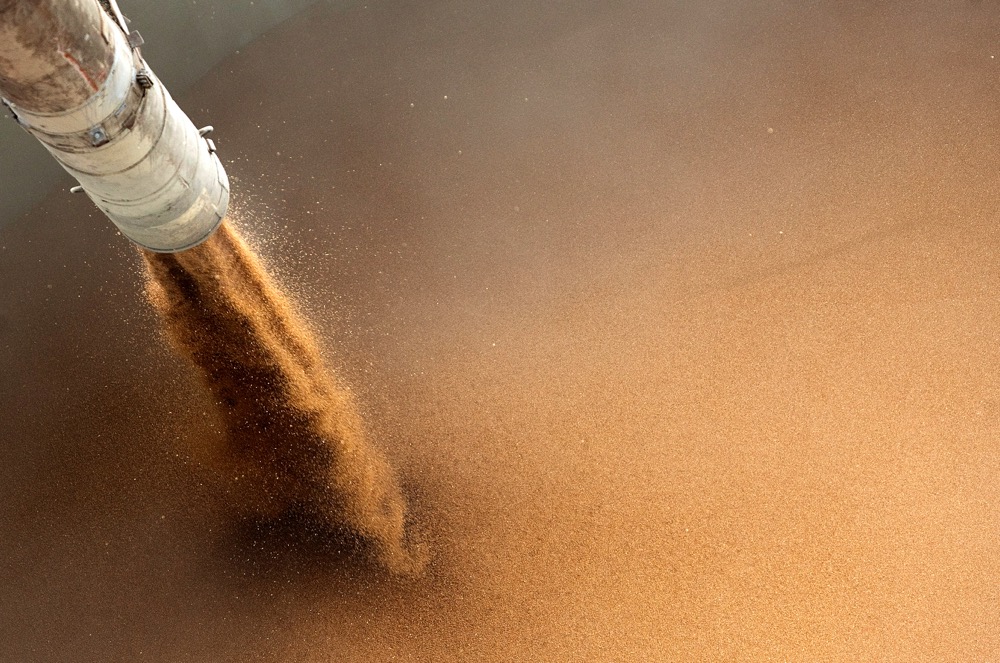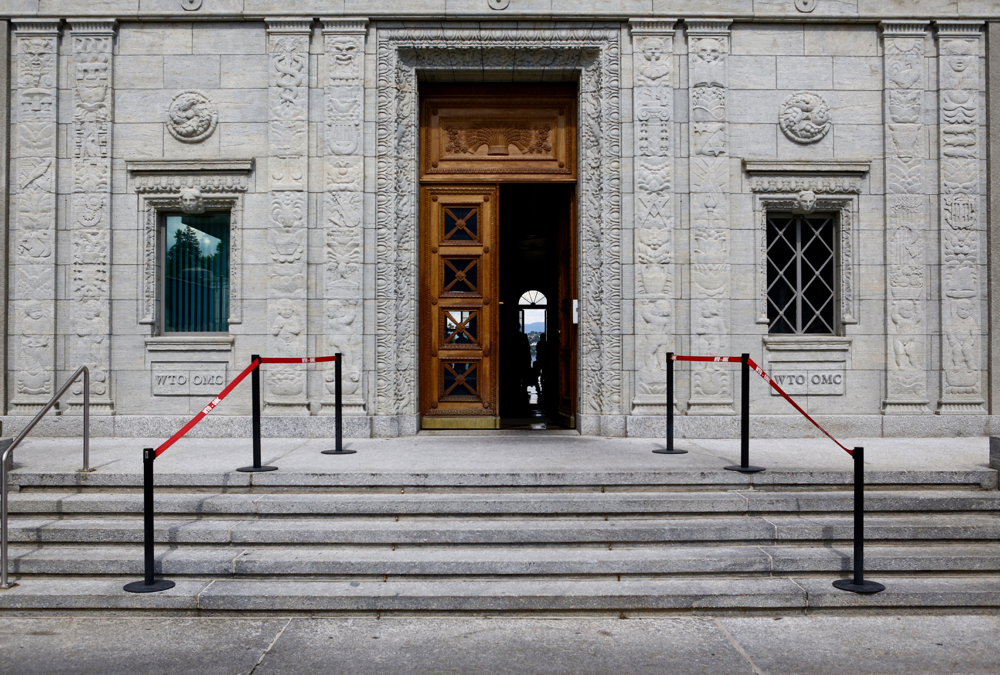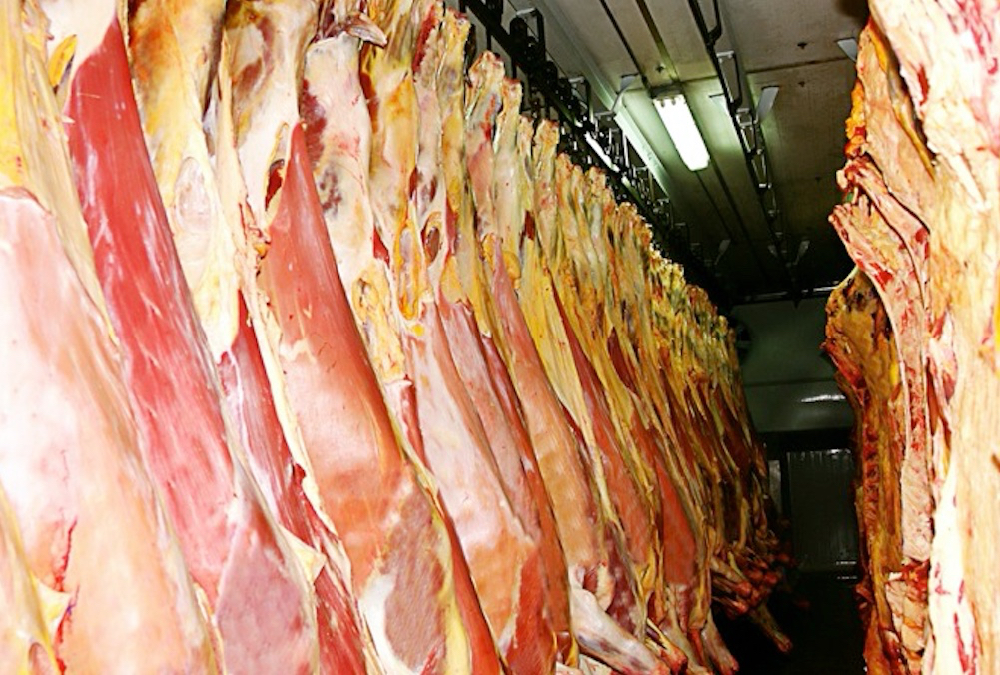The imagery of fire and ice is indicative of the current political status of our nation when it comes to trade. Between the blistering outbursts and cold responses there is imbedded a little dance with the dragon that may ultimately determine our economic well-being.
Trump’s fire and brimstone proclamations will collapse with the mountain on which he stands at some future point but in the meantime he is flamboyantly reading Canada, China and Mexico the Ten Commandments. His protectionist appointments will ensure that Canadians go by the letter of the law when it comes to trade. The cold shoulder he gives China is a little concerning — as the States is indebted around US$19.8 trillion with five per cent of that just to the Chinese. Perhaps his pearly white vision is clouded by America’s US$336 billion trade deficit with China but he may have overlooked that unless he suddenly and uncharacteristically goes green — his energy needs will come from China in one form or another.
Read Also

Mycoplasma bovis in beef cattle causes more than pneumonia
M. bovis causes pneumonia and is a major cause of infectious arthritis in calves and feeder cattle
China is the fifth-largest producer of oil in the world but Petro China is the world’s largest energy company. And the Chinese are the dominant owners of resource extraction in Canada and that includes the oil sands. As the U.S. imports a good percentage of their energy needs, it might be prudent to consider that Canada holds an all important role in American energy security that has not been as critical until this point in history.
- More ‘Straight from the hip’ with Brenda Schoepp: A global approach to research
As of 2013 more than 75 per cent of the mining companies found on earth were headquartered in Canada. There are incentives for them to be here but the point is they are in this nation. Canada can plague Trump with trouble if we exercise our diplomacy in the multitude of foreign lands we operate in ensuring access at times when Trump faces a time out in the corner. When we look at trade agreements through a wide lens it is important to remember that there are layers of products and services and that broad sweeping statements do not do justice to the complexities of the details. And just as I cannot offer solutions in this column — neither can Trump by trampling on the foundations of economic diversity.
The best personal lesson in this was a visit with Hassad Food, the largest food company in Qatar. We were discussing investment and trade with their senior management team when I asked a question about trade negotiations and was reminded ever so eloquently that “we have 38 generations of trade, you have five and we will rule (paraphrased) at the trade table.” There are nations where bully tactics will simply never work and many of these have heavy ownership in North American banks and business.
Meanwhile, Trudeau is dancing with the dragon and carefully navigating with China and again, there is a solid economic reason to do so. Canada’s trade deficit with China runs near C$33 billion largely due to our importation of electrical machinery and equipment, boilers and mechanical appliances. They, in turn, need our natural resources and our food. Our nation sends pulp and paper (C$3 B) and raw foods, grains and oil seeds (C$3.3 B) and other goods and services to China. One cannot downplay agriculture’s role in the overall economic health of our nation. Agriculture and agri-food is a much larger business than oil and gas in Canada, employing over 2.2 million persons in comparison to the total in oil and gas at 400,000, and contributing 6.7 per cent to GDP compared to oil and gas at 2.9 per cent. Canada owns 3.5 per cent of the total value of agri-food and agricultural exports in the world.
Building the agri-food profile will further enhance our trading position and reduce the trade deficit. What Trump cannot afford to do is mess with his northern neighbours in terms of agricultural trade and we can’t afford to impede it. The U.S. exported US$337 billion in total goods to Canada in 2015 of which US$24 billion was food and food products. In turn, the Americans import from Canada US$325 billion in total of which US$22 billion was food and food products.
I am not naive — money buys loyalty and the American’s will wave it in front of those they hope to impress, but there are other rich nations who don’t have as many mouths to feed as the U.S. Trump’s lean towards sovereignty to reindustrialize the States is folly. We have seen these attempts fail in other nations with the result of rapid inflation and shortage of product, unrest and related health crises.
It is critical at this point that Canada be in a position to be the investment and trading partner of choice with China, the U.S. and a multitude of other respected partners. It will mean ethical transparency in our resource and mining industries, an enabling environment by government for growth particularly in the agri-food and technology sectors, and willingness from industry leaders to seek opportunity in the most unusual corners of the earth. At such a critical time in history on which so much of our economic future depends, we can ill afford regulations that repel investment. The issuance of the carbon tax is a prime example of misguided policy that will unravel our economic sweater — a must-have in the land of ice.
Just as many Americans may have only themselves to blame for Trump, Canadians must take on responsibility as citizens and businesses to lead for a full retraction on or block regulations that impede our potential prosperity. We can dance with the dragon or the devil himself, but what will nurture economic growth when we put potential business investment on ice?
















